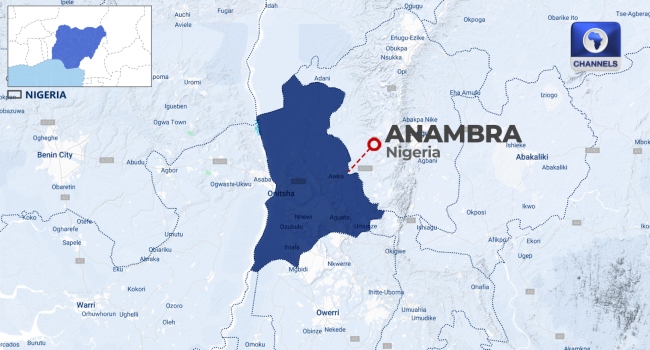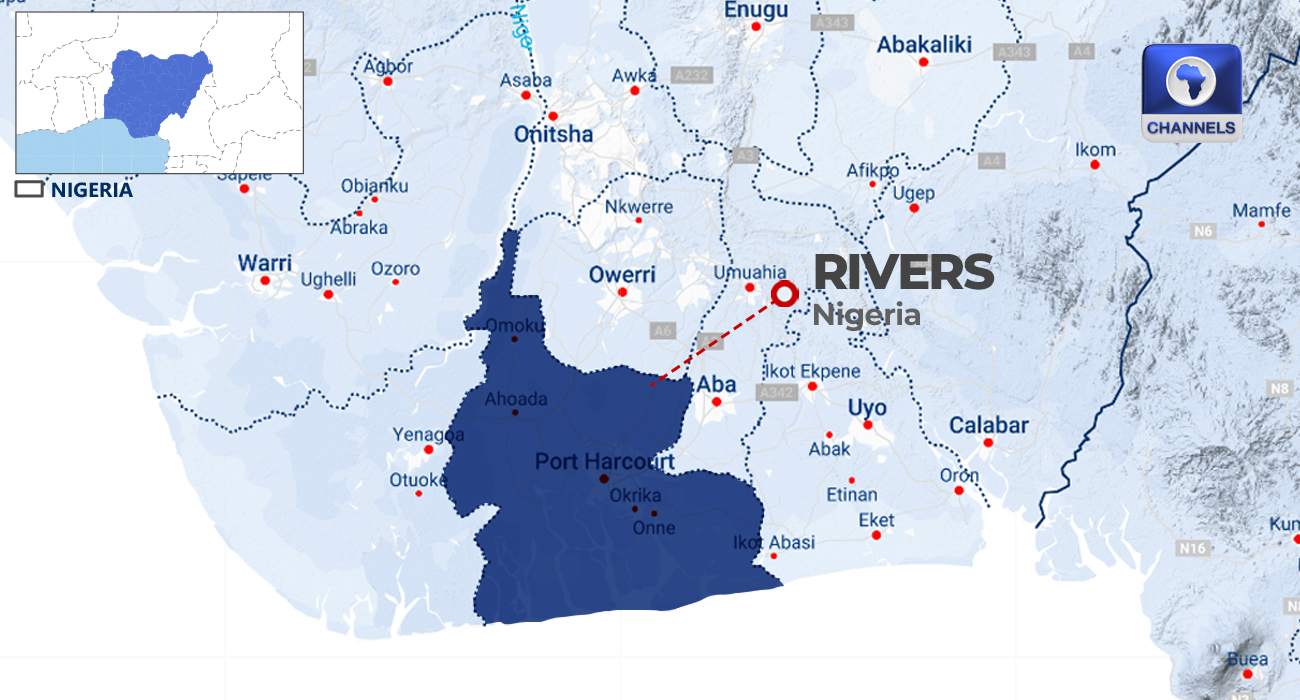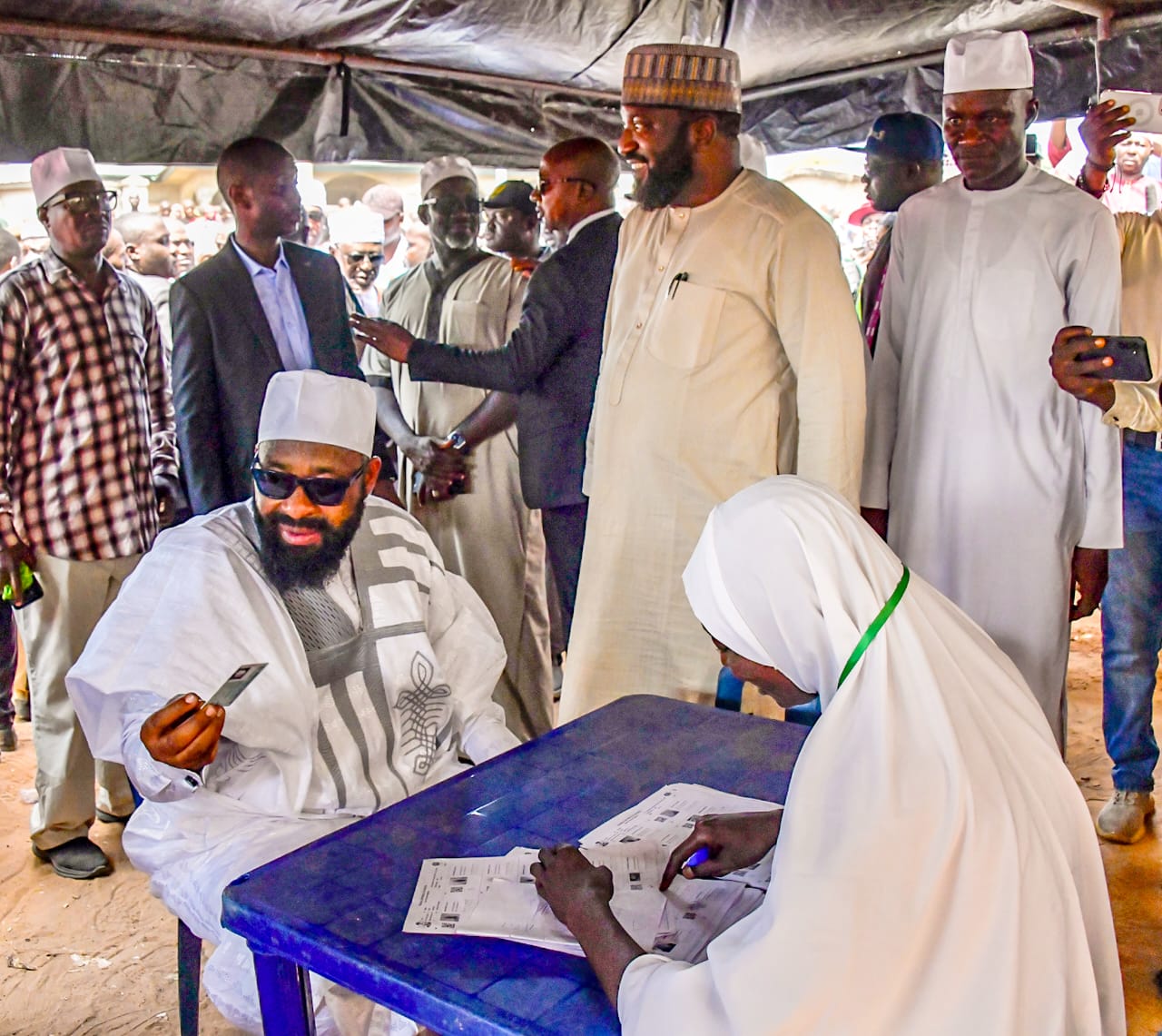The Oyo State Government has given four operational vehicles to the airport’s management ahead of the opening of the upgraded Samuel Ladoke Akintola Airport in Ibadan.
Bimbo Adekanmbi, the chairman of the committee that oversees airport upgrades, presented the vehicles to Seyi Makinde, the governor.
Adekanmbi, who spoke during the presentation, claimed that the airport needed numerous facilities to make it fully operational as an international airport. The state also stated that it had decided to donate the vehicles because it could not rely on the Federal Government or FAAN alone.
He continued, “This is a donation made by the governor for the Oyo State government.”
“As you may be aware, we are upgrading the airport. Additionally, there are numerous things that need to be funded for an airport to be fully operational, and we can’t wait for the Federal Government to do so. Therefore, the governor has given these vehicles because he is overseeing this upgrade.
The FAAN Aviation Security Department will be the first vehicle. The Airport Command of the Nigerian Police Force is the second one. The Department of Airport Operations is the subject of the third one. The Nigerian Emergency Management Agency (NEMA) is the recipient of the final one.
You can tell from the photos that these airport agencies have been carefully chosen. Each one is dedicated to a particular airport operation. Additionally, these vehicles are only to enhance the upgraded airport.
The government is giving this gift to show its commitment, which has been demonstrated numerous times, and its concern that this airport, which has a wide-bodied A330 aircraft and is named after the president of the Federal Republic of Nigeria, lives up to its name. Everything is now unified, then.
Adekanmbi noted that the airport’s runway is fully operational and ready for local flights, while the international terminal is about 35% operational and should be ready by 2026.
“The runway is finished,” the statement read. The airport is operational now, and we are prepared for any scheduled local flights. By September 2026, the contractors will have completed the roughly 35 percent of the international terminal. Then begin all international flights. The airport is currently operationally ready for local flights, so the governor decided to donate these vehicles at this time to ensure there is no operational gap.
The government will assume a lot of responsibility for the maintenance of these vehicles because the Oyo State Government is overseeing the upgrade if we want it to function according to the design. The vehicles are anticipated to be used solely for this purpose. AFSEC, for instance, is concerned with aviation security. To enhance security, safeguard assets, and improve airport life, police command is intended for airport security. As the name suggests, operations are intended to enhance the activities at the airport, of course. Therefore, these vehicles are specific, focused, and designed for specific tasks.
“You see, anybody could fly right away. It might be next week, it might be Monday, or it might be Tuesday. You are aware that we are in a very advanced stage. The equipment is ready. You’re aware, but there are many regulators when it comes to aviation security, passenger security, and aircraft security, as you may well know. Eight of them are there. NAMA, the NCAA, NIMET, FAAN, and a number of other organizations. And each of those organizations will have specific areas where they would like to see the entire system operational. But we followed their instructions, Adekanmbi continued.
INCLUDE: PDP: An Assault On Nigeria’s Democracy in a Court Judgement from the 2025 Convention
Governor Makinde was applauded by Mr. Oluwagbenga Afuwape, the manager of Samuel Ladoke Akintola Airport, on behalf of Mrs. Olubunmi Kuku, the Managing Director of FAAN, in his remarks.
Afuwape said the donation demonstrated that the governor is truly committed to improving the state’s economy through the upgraded airport, noting that the governor has done well for the airport.
The vehicles arrived at the right time, according to Mr. Famosinpe Gbenga, the manager of the Nigerian Airspace Management Agency (NAM) at the airport, while lauding Makinde for his gesture.
He assured the governor that the organizations would not rely on their own oars, stating that the donation of the vehicles would improve their capacity to function.
The donation, according to Mr. Victor Adeya, the airport’s director of security, was a defining moment for the FAAN and the Oyo State government partnership.
















